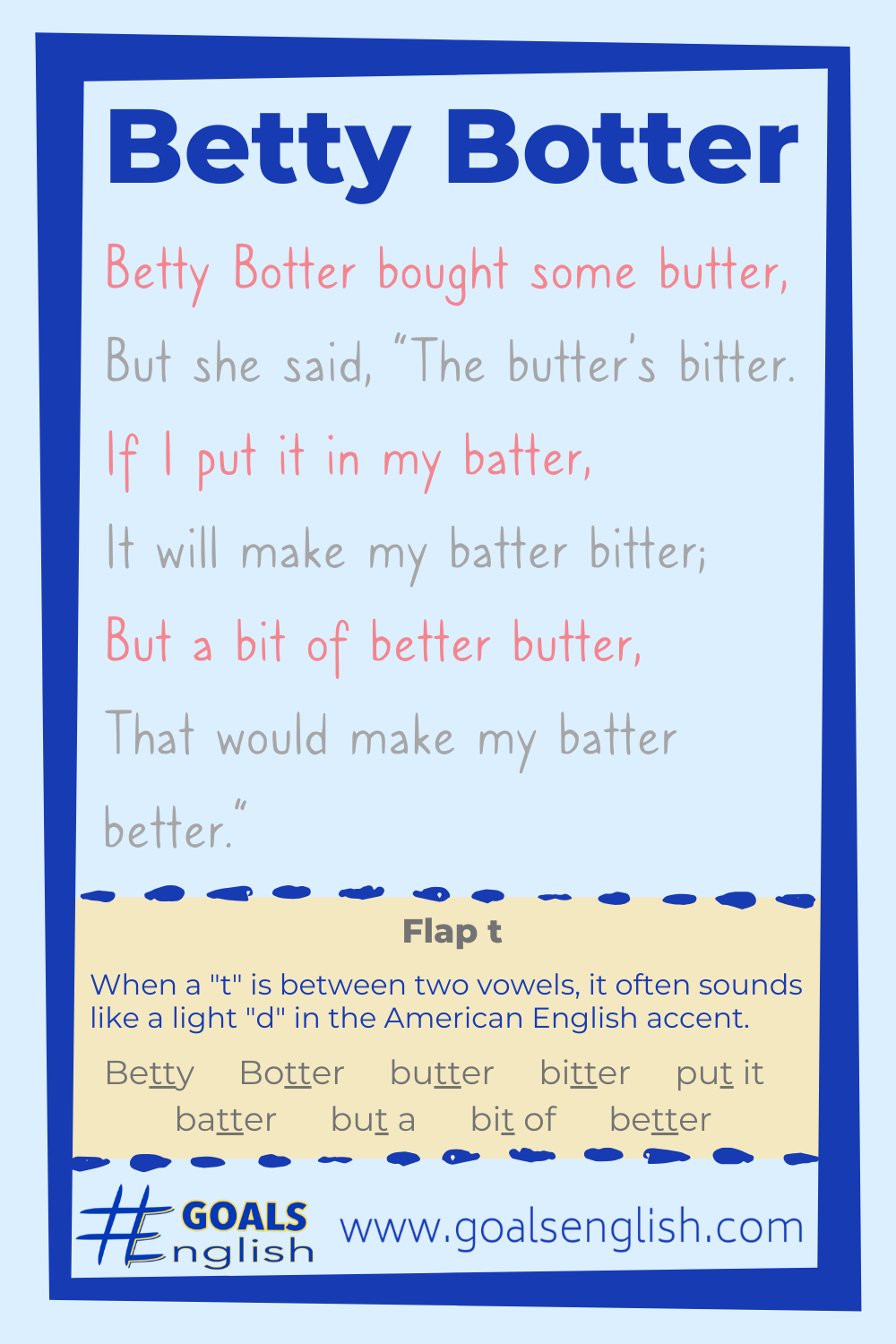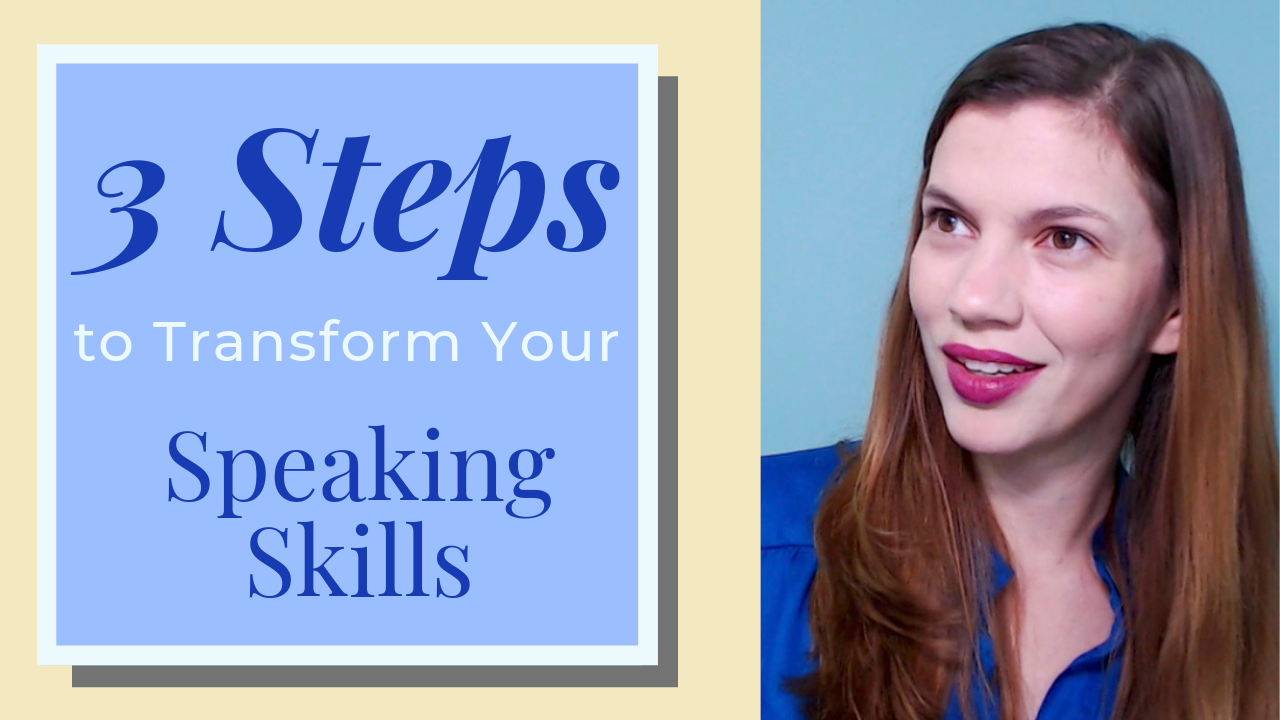3 Tongue Twisters: English Speaking Practice
Hi friends! In this English fluency and pronunciation lesson, I’m bringing you three classic tongue twisters. Tongue twisters are a great way to repeatedly practice difficult sounds in English to increase your clarity and speed.
Some students don’t like tongue twisters because they often have nonsense phrases, however, I encourage all of my students to use them because they are meant for a very specific purpose. They may not help you much with vocabulary and grammar, but they will help your muscle memory when it comes to making certain sounds in English.
As with all of my lessons, these are taught with a focus on a general American English accent, so I will use sounds such as the flap ‘t’ which aren’t as commonly used in the British RP.
In each of the following tongue twister videos I will:
Read the tongue twisters slowly first, and then faster and faster.
Explain some important repeated sounds (consonants and vowels)
Show you where word linking and reductions are used
Peter Piper
Peter Piper picked a peck of pickled peppers.
A peck of pickled peppers Peter Piper picked.
If Peter Piper picked a peck of pickled peppers,
Where's the peck of pickled peppers Peter Piper picked?
Important vowel sounds:
long ‘e’ /iː /
Peter
long ‘i’ /aɪ /
Piper
short ‘e’ /ɛ /
peck, peppers
short ‘i’ /ɪ /
picked, pickled, if
‘er’ /ɚ /
Peter, Piper, peppers
Important consonant sounds:
‘p’ /p/
Peter, Piper, picked, peck, pickled, peppers
flap ‘t’ (IPA says /t/ but sounds more like /d/)
Peter
Betty Botter
Betty Botter bought some butter,
But she said, “The butter’s bitter.
If I put it in my batter,
It will make my batter bitter;
But a bit of better butter,
That would make my batter better.”
This lesson focuses on:
flap ‘t’ (this means the t between two vowels changes to a soft “d” sound)
Betty, Botter, butter, bitter, put it, batter, but a, bit of, better
vowel sounds:
short ‘e’ /ɛ /
Betty, said, better
short ‘o’ /ɑː/
Botter, bought
short ‘a’ /æ/
batter
short ‘i’ /ɪ /
bitter, will, if, it, bit
short ‘u’ /ʌ/
butter, but
linking sounds
most of the linking in this tongue twister happens with the flap t examples that have two words
How much wood would a woodchuck chuck?
How much wood would a woodchuck chuck
if a woodchuck could chuck wood?
Important vowel sounds:
“oo” as in “book” /ʊ/ (sometimes called short double o or short “oo”)
wood, would, could
short u /ʌ/
much, woodchuck, chuck
NOTE: In this video I will compare /ʊ/ as in book, with the other double o, /uː/ as in moon.
If you enjoyed this lesson be sure to check out the follow-up: 3 More Tongue Twisters for Speaking Practice in American English.
If would like to see more English lessons like this one in the future, sign up for my mailing list. As a free gift, you’ll receive the American English pronunciation cheat sheet to help you continue to study English!












